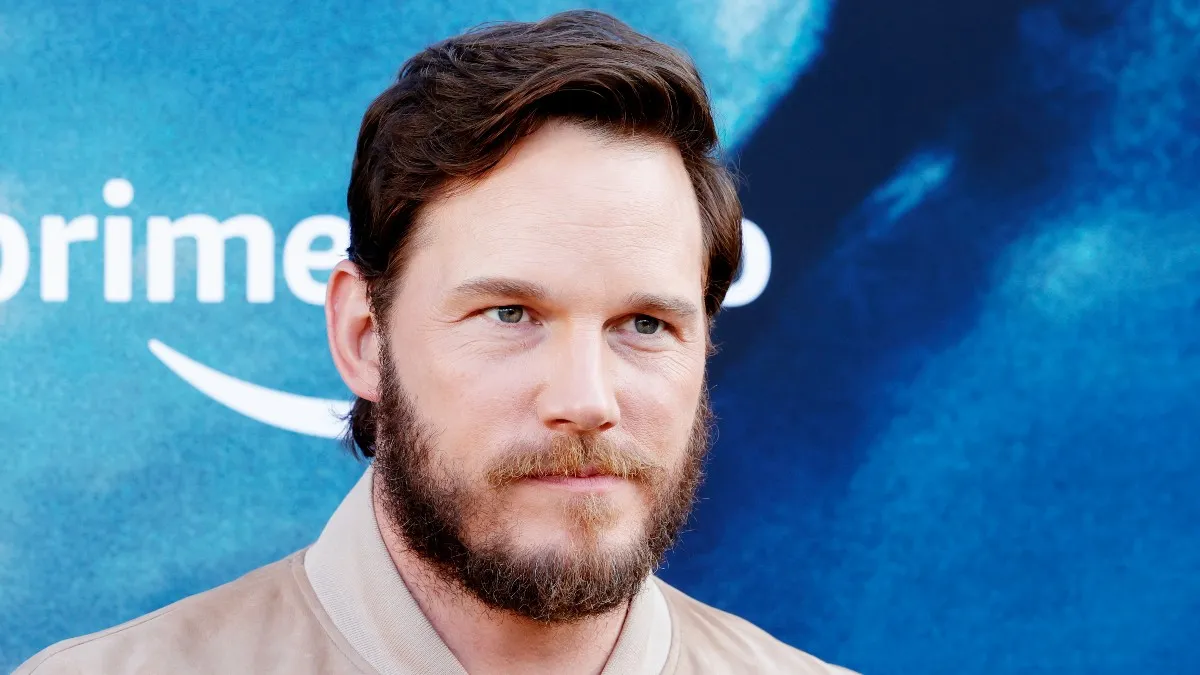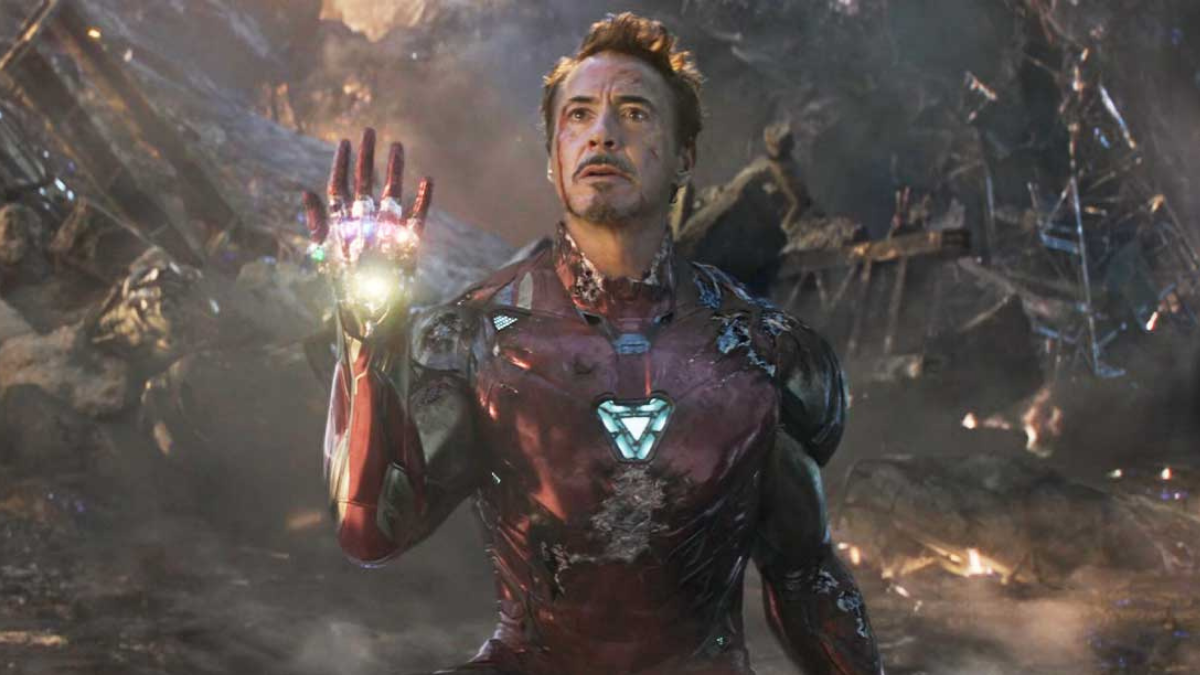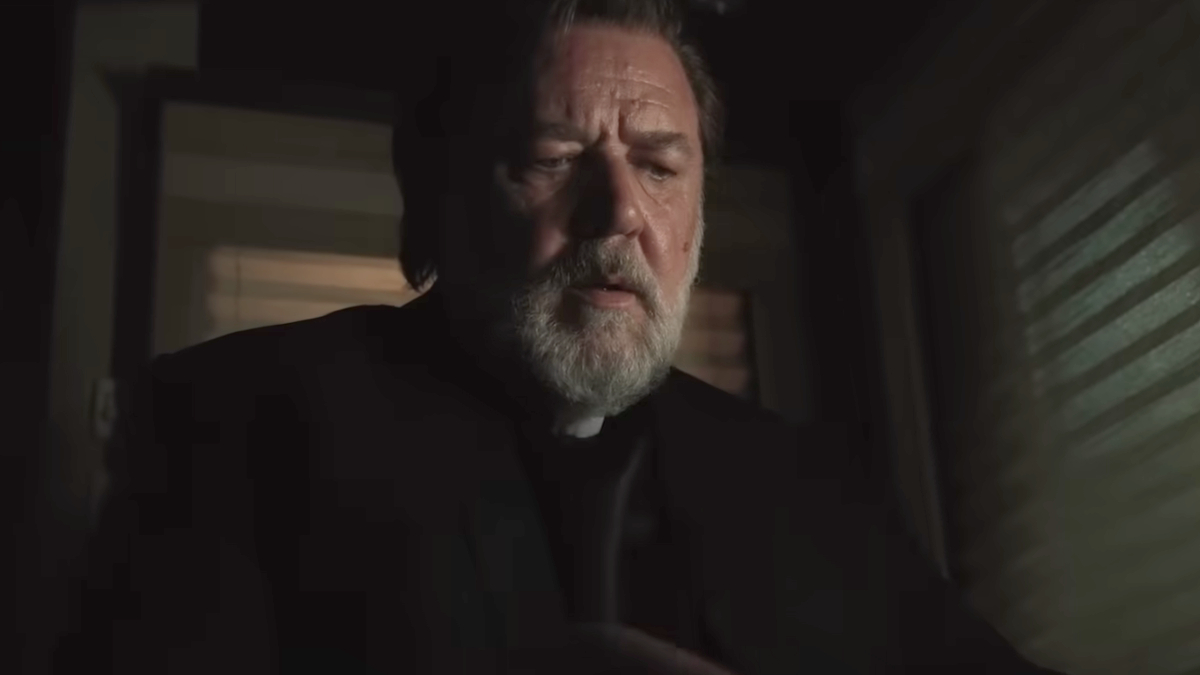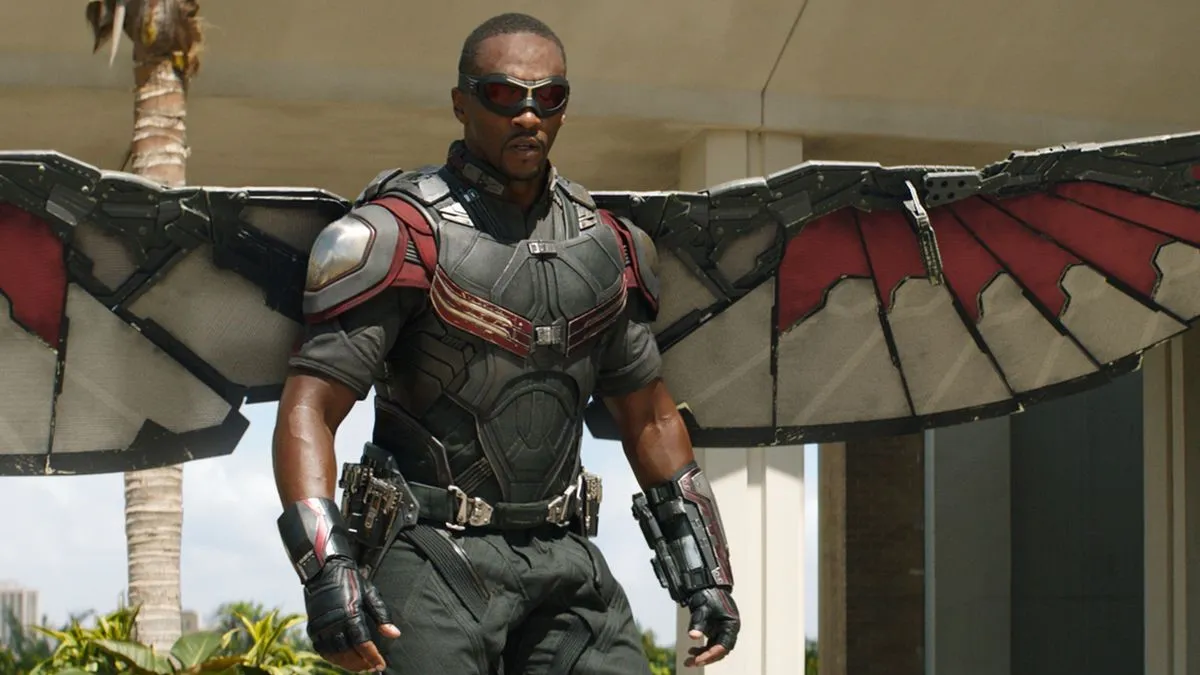
The 2008 recession is a subject that, like the conflict in the Gulf, has continued to fascinate filmmakers, with a number of projects focusing on the financial collapse slowly leaking out over the past two years. Yet outside of documentaries, the subject has not been satisfyingly addressed on screen. The problem is that many filmmakers forget that the greatest and most effective allegory is done inside of specific genres, thus bypassing opportunities to be entertaining.
This is, thankfully, what Andrew Dominik’s Killing Them Softly does, though to call it an allegory would be somewhat misleading. Its subtext is often made super-text and the satire (which should ideally be more subtle) is hard-wired into the DNA of the drama.
Killing Them Softly tells the story of Frankie and Russell (Scoot McNairy and Ben Mendelsohn), two low life crooks on the end of the social ladder who plan to knock over a card game in hopes of getting them out of poverty. The target is an underground game run by Markie (Ray Liotta), a low level mafioso who knocked over his own game not long ago in order to keep himself secure. His actions mean that smaller criminals can rob the place and the gangsters who are higher up will blame the robbery on Markie, as he is simply not to be trusted.
While the heist is successful, Russell’s loose lips get himself and Frankie in trouble with the gangsters who own the operation. Enter Jackie Cogan (Brad Pitt), a mob enforcer hired by a concerned Consigliere figure (Richard Jenkins) to take down Frankie, Russell and Markie who have, in effect, damaged and undermined the important card game business during hard economic times.
Dominik’s update of George V. Higgins’ 1974 novel Cogan’s Trade to the present day is an idea that works incredibly well, and is clearly deliberate. During the Cannes press tour the director was reticent to comment upon the what the film actually meant, which is probably because the film says plenty already.
The politics of Killing Them Softly are not subtle. It opens with Obama’s speech about promising a stronger America and other speeches from the current president as well as former president George W. Bush. These speeches are peppered throughout, framing the story with a political backdrop about the top level corporate/conglomerate corruption and juxtaposing it with the bottom level corruption represented by the card game.
In the middle of this we have Richard Jenkins’ character interacting with Cogan, who constantly complains that while he is trying to deal with the issues on the lower end of the scale in a pragmatic way, he is unable to make anything of an impact as his bureaucratic seniors have consistently failed to make a concrete decision. Beyond that, every single relationship in the film, whether it be murder, sex or friendship, is a transaction. Everything is about who will pay for whom and who will get paid. Emotion has been completely shut out in favour of money.
Placed within that is yet another grand motif which has cropped up time and time again in Dominik’s work: The crisis of masculinity. The film is entirely populated by male characters who are constantly losing the inability to function in any walk of life. Although it is talked about a lot, at times in quite graphic detail (there are also quite a few scenes with scantily clad prostitutes), sex is noticeably absent from the film.
In fact, it’s absent to the point where we even doubt that the characters are even having the sex they boast about. The point is that being on the bottom rung of the social ladder is deteriorating their masculinity; these are not the hard nut gangsters we have come to expect. They are no longer the providers or any kind of family men; their motivations are purely selfish and they are prurient misogynists.

Those looking for a good time at the cinema will not be disappointed with Killing Them Softly. While its outlook is brutally nihilistic and its bravura outbursts of violence are staggeringly graphic, the film is thrilling and ribald.
Dominik’s terrific script, which has characters saying some completely outrageous pronouncements, is Mamet-esque in the best possible sense and is delivered by a truly inspired ensemble. Dominik also directs with some heavy stylistic flourishes, including one of the most beautifully filmed death sequences in modern cinema and some brilliantly intense set pieces. His ability to depict on screen violence is near perfect and rivals Scorsese in making the violence seem real and have a profound effect.
The performances are also uniformly excellent. Brad Pitt once again delivers a fascinating, suave, impeccable illustration of a man who is at the end of his tether. In a world where everyone around him is a total failure, he has survived through his realization that his country has essentially become ‘corporate.’ His goal is to get the job done with the minimal amount of fuss.
At this stage in his career Pitt is delivering some of his best work, investing his fame and fortune into really some really fascinating roles and of his recent output, his role as Jackie Cogan might just be his best.
Ray Liotta delivers his greatest performance since Goodfellas. It’s a small role but his (literally) beaten down and feeble portrayal of a man totally out of his depth (and actually hilariously inept) faux mobster is inspired. Gandolfini is terrific too, doing the utmost to give a small character the film’s biggest impact.
His portrayal of ‘New York Mickey’ seems like a response to the virtuoso Tony Soprano. While Tony was a tormented yet successful soul uncomfortable in his shoes, Mickey is someone who displays a sharp confidence in his ability even while proving himself to be totally useless. A drunk who lazes about in hotel rooms, Mickey bemoans his station and fires violent abuse at prostitutes. He is by far the most misogynist of the characters and at times his dialogue and his character can be profoundly off putting. But this is part of Gandolfini’s effortless ability in crafting extremely hateful figures; he has done it time and again throughout his career (most memorably in True Romance) and New York Mickey may just be his most repulsive role to date.
The film is ultimately stolen from each of these veterans by the double pairing of Ben Mendelsohn and Scoot McNairy, which one could see as comic relief. Their characters remain absolutely believable in this rundown and decrepit world. They are the entry point for most of the audience and provide some form of humanism in a film that sorely needs it. I doubt that Killing Them Softly will trouble the Academy voters (despite the fact it deserves to) but they should spare a thought for both of these actors who are both very deserving of any awards that are thrown their way.
Dominik and Pitt’s prior collaboration, The Assassination of Jesse James by the Coward Robert Ford, was an extraordinary examination of the cult of celebrity and the duplicity of myth that was surprisingly relevant, transcending its backdrop of the dying Old West.
Killing Them Softly is much more of an overt genre work that wears its politics very blatantly on its sleeve. It is a clash of ideas and techniques that should not work considering how obvious these two factors are. Though it may, at times, hit a false note, Killing Them Softly never feels incoherent. Neither element undermines the other and what we are left with may well be a film for the ages. One hesitates to say ‘important’ but it is definitely essential viewing.






